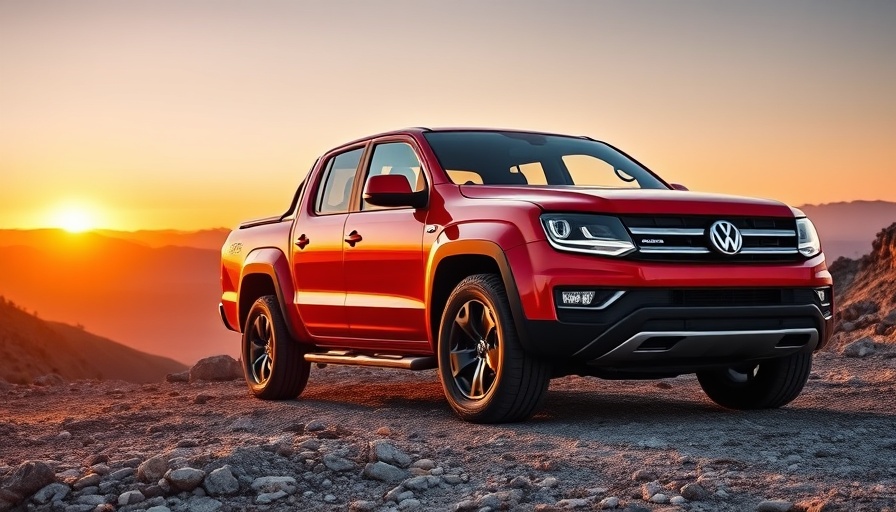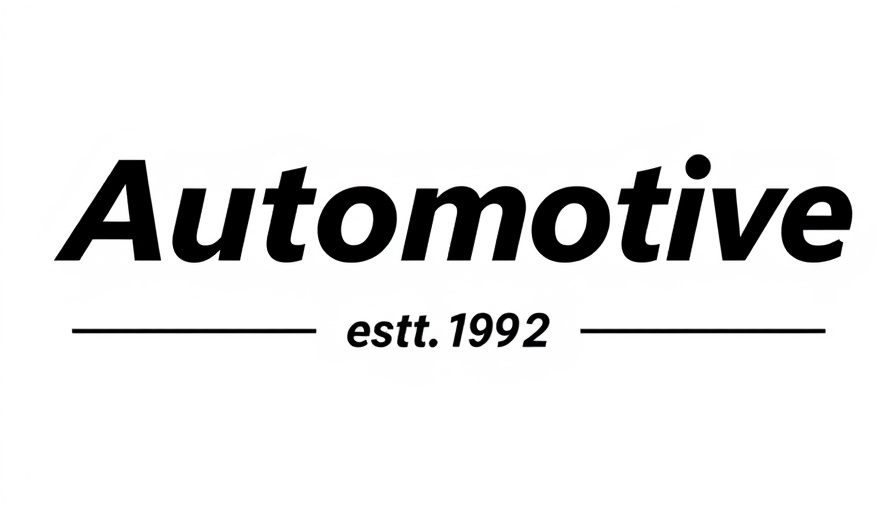
Volkswagen's Future: What Will It Look Like?
Volkswagen (VW) is considering introducing a unibody pickup truck to the U.S. market, but the company has firmly ruled out the idea of bringing smaller electric vehicles (EVs) like the ID.1 and ID.2 across the Atlantic. This development marks a pivotal moment for VW in navigating the competitive landscape of American automobile preferences and the ongoing transition to electric mobility.
The Potential Pickup: Exploring Market Options
During a roundtable discussion at the New York auto show, Kjell Gruner, CEO of VW Group of America, indicated that a pickup truck could be a viable growth option for the automaker. However, the decision hinges on ensuring synergy with existing models, likely leveraging platforms like that of the Atlas SUV.
"That's one of the growth options we are discussing," Gruner noted, emphasizing that strategies involving platform sharing would be crucial for making a new pickup truck economically viable. Given VW’s previous concepts, such as the Atlas Tanoak and Tarok, the idea of a unibody design showcases a trend toward versatility and efficiency in vehicle development. In this context, a pickup truck fitted with an electric powertrain and potentially a range-extender gas engine appears to be a logical step, addressing consumer demands for reliability and resilience in battery range.
No Compact EVs: VW's Strategic Positioning
Despite global movements toward more affordable small EVs, Gruner clarified that the ID.1 and ID.2 models would not find their way into U.S. markets. He argued that these vehicles, which are slated to be more budget-friendly in Europe, may not resonate with American consumers who often seek speed and larger vehicle offerings. "These products are too slow for the U.S. market," he stated, reinforcing VW's strategy of focusing on SUVs rather than compact cars.
This decision likely stems from VW’s ongoing evolution into a brand associated with larger vehicles in the U.S., as evidenced by the gradual phase-out of passenger cars in favor of SUVs. It also aligns with broader market trends, as consumers increasingly prioritize larger vehicles for family and utility purposes.
The Evolving Landscape of Automotive Preferences
While many manufacturers are responding to calls for more affordable and compact electric options, VW appears to be anticipating as shift in consumer preferences, opting for the more lucrative SUV segment. As the market evolves, it will be interesting to see how VW’s choices resonate with both current customers and potential new buyers.
In this rapidly changing landscape, the potential introduction of a VW pickup truck and the simultaneous withdrawal from smaller EVs beg questions about the company’s approach to innovation and market demand.
Conclusions: Adaptation and Market Trends
For dealership owners and managers, these insights underline the importance of watching automotive trends closely. Understanding consumer behavior and manufacturer directions will be vital for navigating inventory decisions and marketing strategies effectively. Keeping an eye on VW's product trajectory will be essential for capturing opportunities within the evolving automotive landscape.
Take Action: Stay Ahead of Market Trends
To better inform your dealership strategy and remain competitive, consider regularly analyzing market trends and consumer preferences. Keeping updated on the latest from major players like Volkswagen will empower your business decisions and improve your position within the market.
 Add Row
Add Row  Add
Add 

 Add Row
Add Row  Add Element
Add Element 




Write A Comment